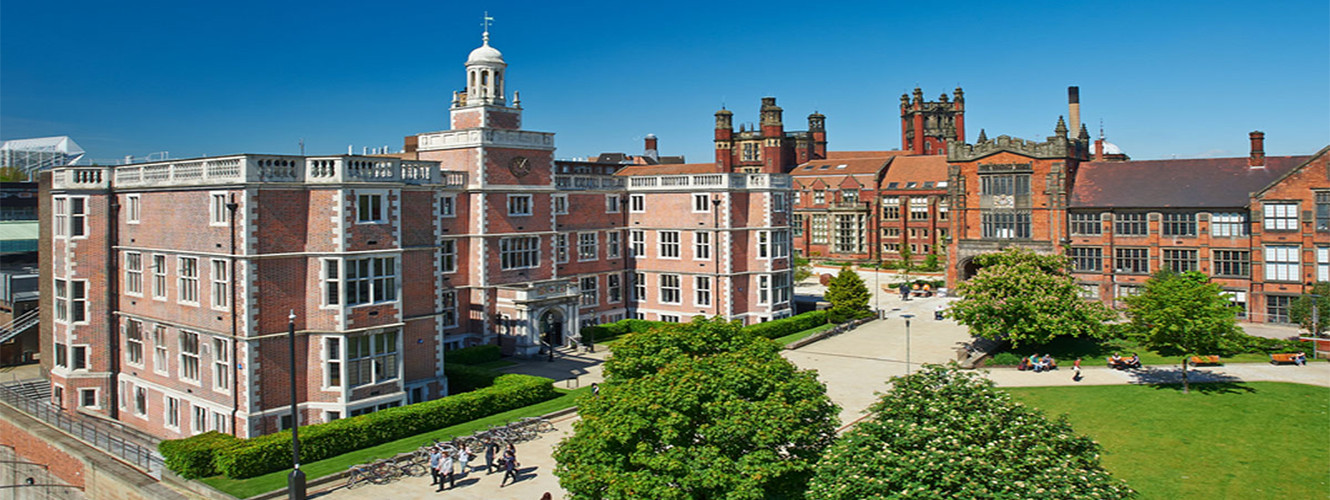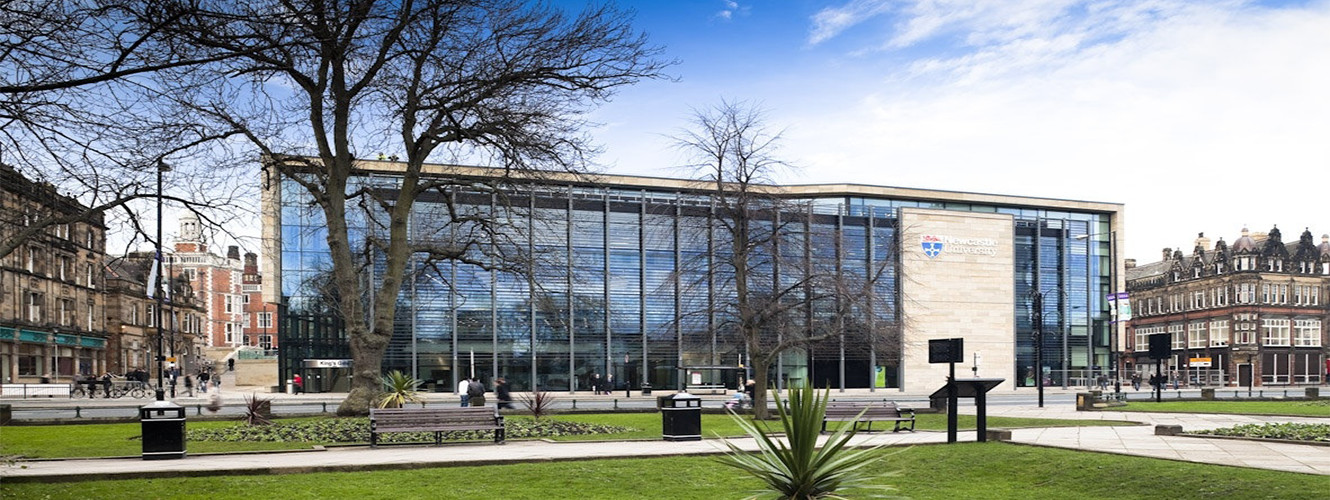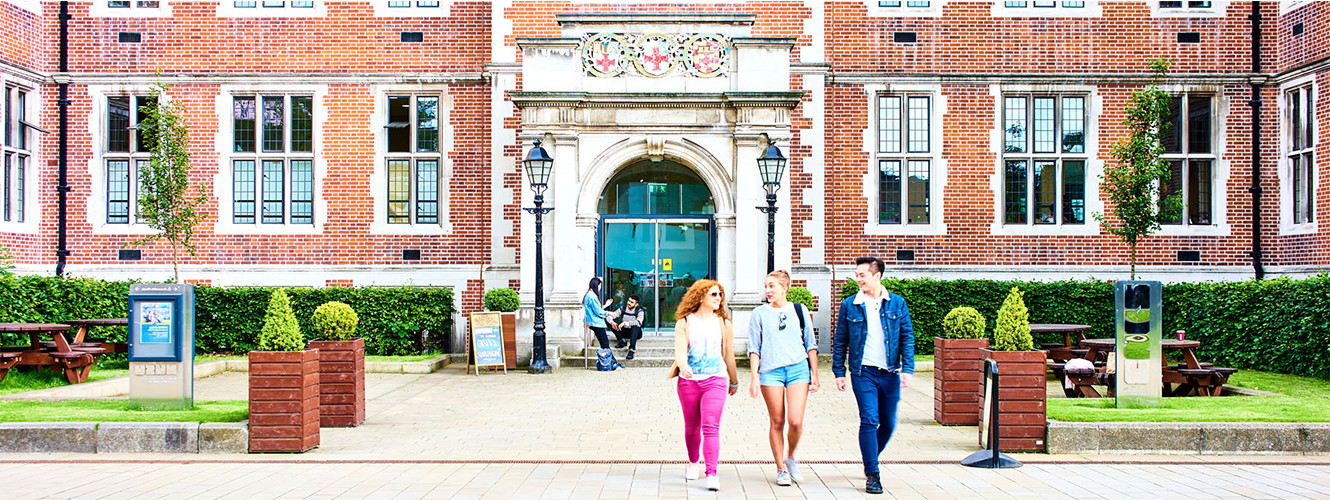UK92 PhD Archaeology Newcastle University
-
THÔNG TIN CHUNG
Through our Archaeology MPhil/PhD you will conduct original and advanced research into a specialist area of archaeology. This is a perfect programme to advance your academic career in archaeology; you will also develop employability skills including project management, report writing, problem-solving, independent working, and research.
Our Archaeology MPhil and PhD programmes are research degrees, conducted as supervised independent study, assessed through a single written document that is supported with a viva voce examination.
Both degrees involve the production of new knowledge through original research and advanced scholarship, exploring a field of academic study in detail. This involves detailed understanding of the methods, techniques and approaches needed to produce such knowledge, and the wider context of the subject of study.
Our PhD students produce a thesis which includes material worthy of academic publication. A PhD qualification is usually necessary for an academic career involving post-doctoral research and/or lecturing.
These programmes are based in the School of History, Classics and Archaeology and cover a wide range of specialisms.
Research supervision is available in the following periods and regions:
- World Prehistory from the Palaeolithic to the Iron Age
- Archaeology of the Greek World including Minoan and Mycenaean Civilisations
- Archaeology of the Roman World from the Republic to Late Antiquity
- Roman Frontier Studies
- Byzantine and Islamic Archaeology
- Medieval Archaeology, 500-1500 CE
- Historical Archaeology of the Modern World
- Archaeology of Europe, North America, the Mediterranean, the Middle East, Asia and Africa.
Thematic research is also strong at Newcastle and research supervision is available in the following areas of enquiry:
- Archaeological Theory and History of Archaeology
- Archaeology of Art, Religion and Ritual
- Archaeology of Buildings and the Built Environment
- Bodies, Burial and Identity
- Colonialism and Slavery
- Conflict Archaeology from Prehistory to the 21st Century
- Environmental and Geoarchaeology: Plants, Animals and Sediments
- Experimental Archaeology and Past Technologies
- Foodways, Pastoralism and Upland Archaeology
- Human-Animal Relationships from the Palaeolithic to Present Day
- Landscape Archaeology, GIS, Remote Sensing and Survey Methods
- Landscape Heritage, Management and Sustainability
- Material Culture and Artefact Analysis: Ceramics, lithics, metals, glass and coins
- Museum Collections and Historic Archives
- Social Organisation and Social Complexity
- Zooarchaeology and Animal Bone Pathology.
-
ĐIỀU KIỆN ĐẦU VÀO
A 2:1 honours degree, or international equivalent, in an appropriate discipline. PhD applicants should have a merit or distinction master's degree in a related subject, or international equivalent.
You must submit two letters of recommendation (obligatory) and a writing sample, such as a chapter from an MA dissertation or a published paper (optional).
- ĐIỀU KIỆN NGÔN NGỮ
- HỌC BỔNG
- ĐỊA ĐIỂM
Tóm tắt
-
Phí ghi danh
0
-
Độ dài khoá học
3 năm
-
Kỳ nhập học
Tháng 9
Phí Cơ Bản
-
Loại Tiền
-
Học Phí
Trên năm -
Phí Sinh Hoạt
Trên năm -
Tổng






